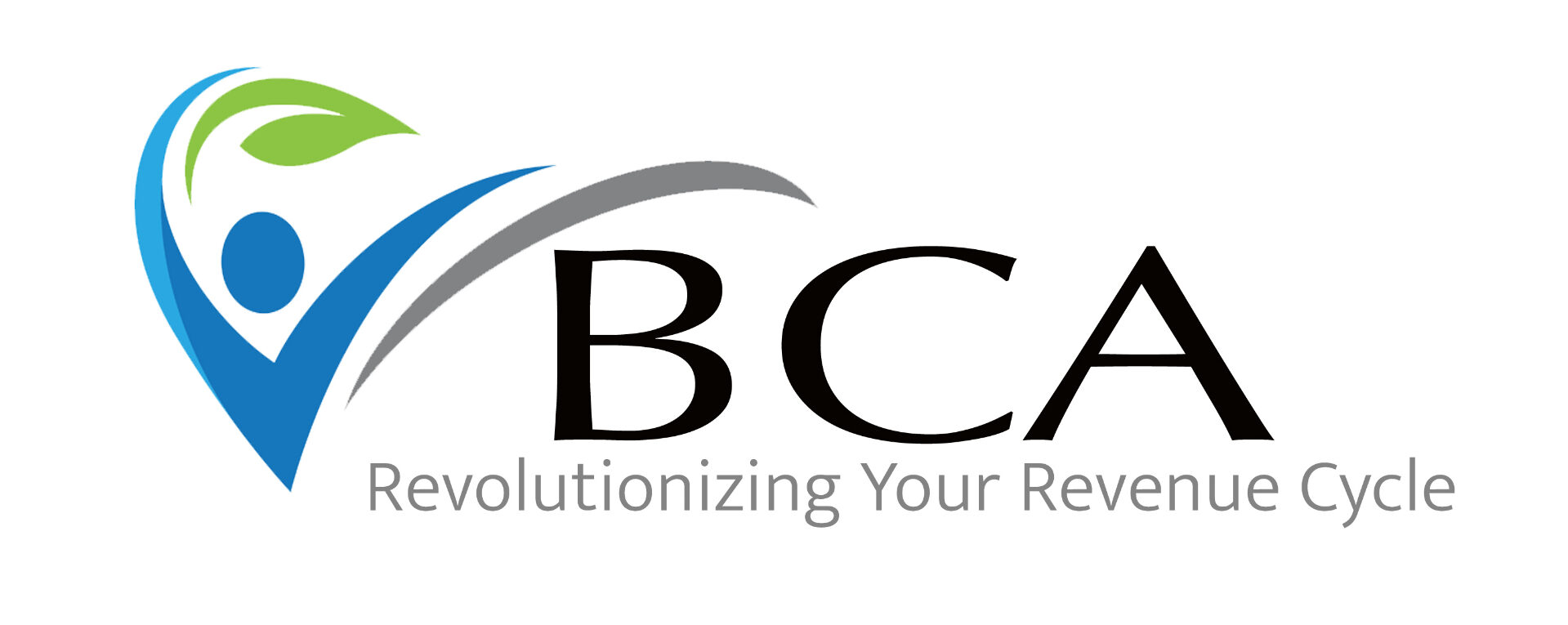As the financial landscape shifts in 2024 with the diminishing of COVID-19 relief funds, FQHCs nationwide face significant challenges in maintaining financial stability. With inflation demanding increasing wages, rising healthcare costs, and evolving payment trends, finance professionals must adopt strategic budgeting practices to navigate this new reality effectively.
The Current FQHC Funding Environment
FQHCs have historically relied heavily on federal grants and enhanced funding to support their operations, especially during the COVID-19 pandemic. However, as we move through 2024, these funds are tapering off. HRSA has provided substantial support, but with the pandemic’s emergency phase ending, FQHCs must brace for a reduction in these critical funds. This shift necessitates a reassessment of financial strategies to ensure sustainability.
Average Tenure of CFOs in the FQHC Industry
The average tenure of CFOs in the FQHC industry is shorter than that of others in healthcare, often only around 3-5 years. This relatively high turnover rate can disrupt long-term financial planning and strategy continuity. Therefore, it is crucial for current CFOs to quickly acclimate and implement robust financial practices to counteract potential funding shortfalls.
Pressures of Increasing Wages and Healthcare Expenses
The current economic environment is grappling with rising wages due to workforce shortages and inflationary pressures. Additionally, healthcare plan expenses continue to escalate, driven by advancements in medical technology and increased patient demand for services. These rising costs can significantly strain budgets for FQHCs, which already operate on thin margins.
Trends in FQHC Revenues and Payments
Recent trends indicate a shift towards value-based care, which requires advanced knowledge of risk-based coding and risk adjustment models. The healthcare industry is shifting from fee-for-service models to value-based reimbursement, which is increasingly based on patient outcomes rather than service volume. While this transition aims to improve care quality and cost efficiency, it requires significant upfront investment in staffing education on how to navigate the reporting requirements for payers.
Key Strategies for CFOs to Implement Now
- Reevaluate Funding Sources and Donations: To diversify funding streams, explore state and local grants (clubs, foundations, corporate), private donations, and partnerships with community organizations. These don’t always need to ask for cash donations; expand your scope to look for equipment, construction, and service donations.
- Enhance Revenue Cycle Management: Optimize billing and coding processes to ensure accurate and timely reimbursement. Invest in staff training on HCC and CDPS risk models.
- Implement Cost Control Measures: Conduct a thorough review of operational expenses and identify areas for cost savings without compromising care quality. Consider renegotiating vendor contracts and consolidating services where feasible – are there any group purchasing options that you are not currently utilizing?
- Focus on Workforce Efficiency: Develop strategies to enhance staff productivity and satisfaction, such as providing professional development opportunities and implementing flexible work arrangements. These benefits are now commonly expected by employees.
- Adopt Value-Based Care Initiatives: Prepare for the shift to value-based payments by investing in policies, systems, and programs that support this model. Collaborate with payers to design and implement these initiatives tailored to your patient population. If you lack specific population data, involve front office staff to proactively gather Social Drivers of Health (SDoH) information to better understand your patients.
- Strengthen Financial Reporting and Forecasting: Enhance financial reporting practices to provide clearer insights into cash flow, profitability, and budget variances. Use predictive analytics to forecast future financial scenarios and plan accordingly.
By addressing these key areas, CFOs can better navigate the financial challenges ahead and ensure the sustainability of their FQHCs in the post-pandemic funding environment.
Are you struggling to maximize your resources in an FQHC post-COVID? BCA, Inc. (formerly Brown Consulting Associates) can help with your coding, billing, credentialing, and provider documentation audits to ensure you get everything you can from patient visits. Please reach out to us info@bcarev.com and we’d love to share our knowledge!
